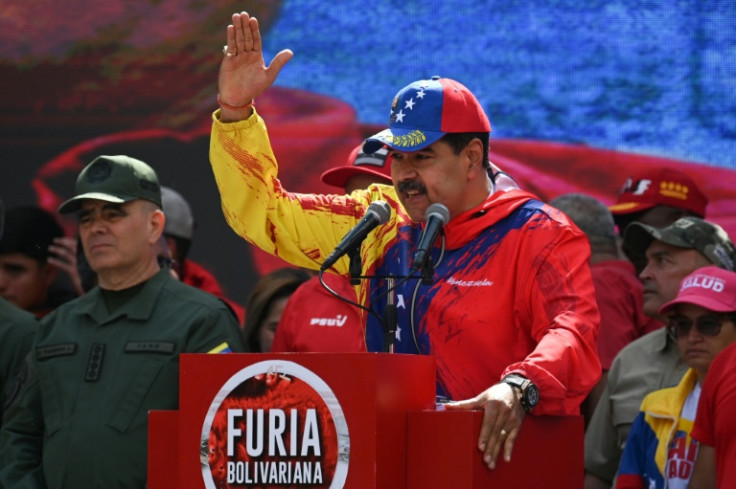
Colombia has beefed up its military presence at the border with Venezuela as tensions in the latter continue ahead of its election this coming Sunday.
The decision by the Colombian government comes as the Venezuelan Minister of Defense, Vladimir Padrino, issued a resolution establishing strict control of border management between July 26-29 as a way to prevent any threat to the security of the country during the presidential elections, Infobae reports.
The statement also says that, during this period, rigorous supervision of all transit routes— land, air and sea— will be carried out in addition to prohibiting the carrying of weapons, the sale of alcoholic beverages and public gatherings.
The document specifies that the Strategic Operational Command of the Bolivarian National Armed Forces (CEOFANB) must implement exhaustive control measures to guarantee the integrity of the borders. Similarly, Article 1 of the resolution highlights that controls will be established starting 12:01 a.m. from July 26 until 11:59 p.m. on July 29.
As a response, the Colombian government decided to reinforce military presence on its borders with Venezuela earlier than the document stated in order to prevent possible conflict stemming from the Venezuelan elections from spilling over.
Local news outlets in Cucuta, one of the border cities with Venezuela, reported the presence of tank trucks and military personnel in the area starting July 21, although the measure had not been officially confirmed at the time.
It would later be made official on July 22, as the media started spreading photos and videos of the military deployment, particularly on the Simon Bolivar International Bridge, which connects Colombia and Venezuela.
The Venezuelan elections on Sunday are the first in over 25 years of Chavismo in which the opposition poses a real challenge to the Maduro government, which came into power following the death of predecessor Hugo Chavez in 2013.
But tensions remain high, as in the run up to the vote, Venezuela has "unjustly detained" democratic opposition figures, civil society members and journalists, according to the U.S. State Department, which called for this release in a statement earlier this month.
At the same time, Maduro himself has warned against a potential opposition win, predicting more violence ensuing in the country. In a speech in mid-July, the authoritarian lawmaker told his supporters he must win at the polls to avoid a possible "bloodbath."
"If they do not want Venezuela to fall into a bloodbath, into a fratricidal civil war," the ruling party must win the presidential elections, maduro said.
Maduro is one of the 10 candidates vying for the presidency, but Edmundo Gonzalez Urrutia, mainly supported by barred opposition lawmaker Maria Corina Machado, is the one posing the biggest threat to the current administration.
© 2025 Latin Times. All rights reserved. Do not reproduce without permission.





